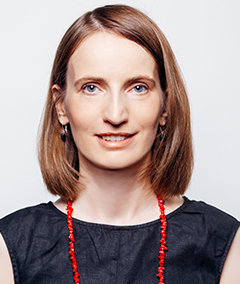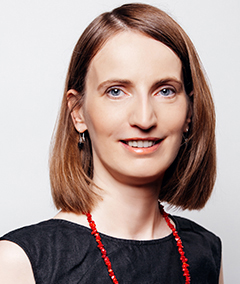



PhD in Economics, Associate Professor at the Warsaw School of Economics. She joined IZA as a Research Fellow in March 2018. Previously she worked at the Ministry of Labour and Social Policy, coordinating research projects and participating in EU/ OECD working parties on employment and social affairs. Her research is focused on the labour market, education, health and social policy, including family policies. She has authored and co-authored numerous publications in these fields. In her free time she likes sailing and skiing.





